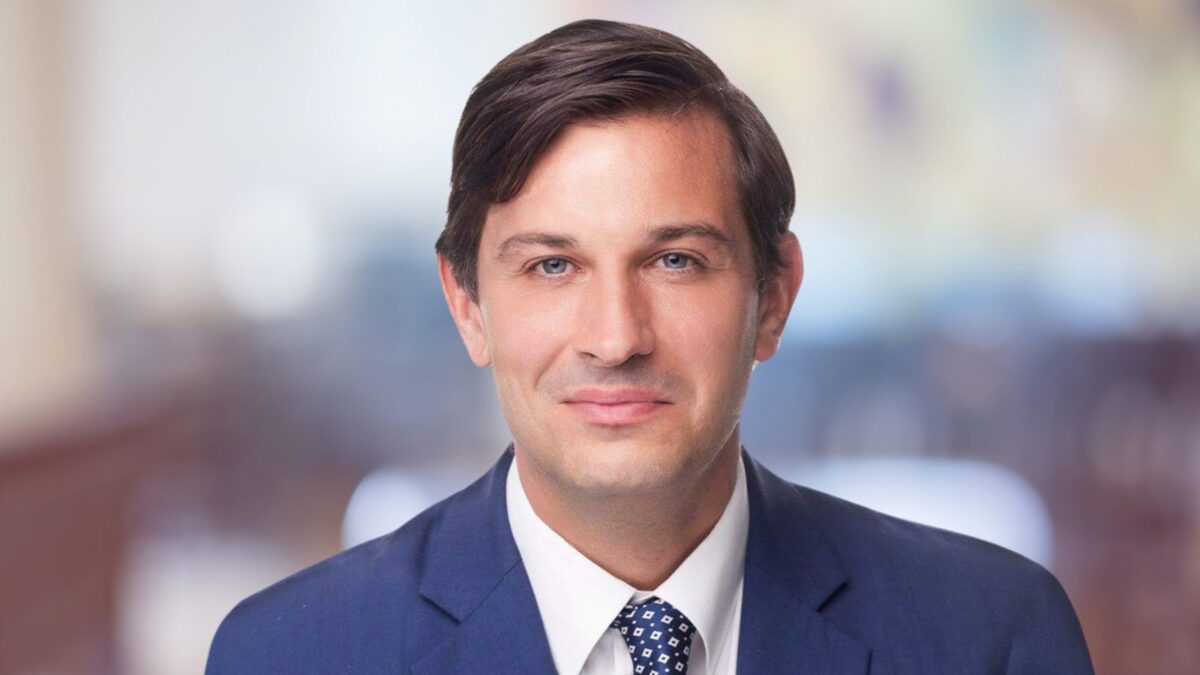‘Higher volatility, higher complexity’: How investors can surf a wave of mutilation
Significant and complex “Waves of transformation” are sweeping markets, according to BlackRock, and investors are going to have to update their playbook if they want to ride them to shore.
There’s the positive, productive waves, with huge capex into the AI megaforce, the rewiring of global supply chains and the energy transition. And then there’s those that investors will be more likely to think of as waves of mutilation: geopolitical and economic volatility, an increasingly confused domestic political discourse, and monetary policy uncertainty hanging over everything.
“We as investors need to move through the five stages of grieving for the Great Moderation and that lovely time period where volatility was lower and – maybe it didn’t always feel like it when we were living it – but in the round equity markets kind of went up from after the GFC right up until Covid,” said Ben Powell, BlackRock Investment Institute’s chief strategist for APAC.
“Things are more complicated now; complicated can mean positive, but it could also be negative. In our judgement, we need to adjust to a new investment playbook to make the most of this new market and macroeconomic context.”
One of those adjustments involves a more dynamic approach to markets. August’s ructions are quickly becoming central to this way of thinking, with those who don’t believe in unlimited multiple expansion holding it up as evidence that the y-line will not go up forever.
“Market conditions are going to be more volatile, much harder to predict, and what that means is risk and opportunities from market volatility are going to be more common placed,” Powell said. “We saw an example of this in August with the fairly dramatic selloff and some drama in Japan. We’re going to see more of this, again, structurally, because the market, in our assessment, is accurately reflecting a more confusing situation.
It’s a way of thinking that’s been embraced by the Future Fund (though not without some criticism) and discussed by Macquarie’s Viktor Shvets, who suggested in 2023 that one way to negotiate an increasingly volatile market is to simply “do what it tells you” – form no views and trade near-constantly at the behest of whatever signal you receive that day.
“Geopolitics, politics, macro policy – all of that is more difficult, and so it’s appropriate for the market to be more confused about that, and we as investors need to be prepared for that, which means we need to be more dynamic and prepared to act with more alacrity than what was necessary through the Great Moderation, where the right approach to portfolios was ‘be long and don’t touch’,” Powell said. “We now think you’re going to have to manage your portfolio a little more intentionally.”
And because central banks are constrained in their “ability to come riding to our rescue at the first sign of trouble”, investors will actually have to focus on the business of, well, investing rather than relying on the Fed to underpin returns with ultra-low rates or unconventional monetary policy.
“We think investors are going to be rewarded by spending proportionately more time looking at business leaders and companies and proportionately less time looking at central bankers,” Powell said. “I don’t want to stress that point – they’re obviously still important. But given our assessment that they’re a little bit constrained because inflation is going to hang around… the importance of security selection and asset class selection is much higher, we think, in this new market paradigm.”
They should also buck the old fashioned risk on/off mindset; investors can and should be leaning into risk, but they’re going to have to be “much more targeted and specific” about what kind of risk they want in their book.
“It isn’t that old paradigm of a rising tide lifting all boats; it’s going to be, to extend the metaphor, surfing particular currents or eddies in wave of transformation – what sectors you want and don’t want to have, and being much more granular and much more targeted is very important,” Powell said. “It’s still completely appropriate to lean into risk, but how we’ll do it is different.
“We as investors need to evolve our investing playbook in order to be able to adapt to this new, more dynamic landscape, and if we do that we think that leaning into risk is appropriate, but there’s a different methodology as to how we lean into risk today given that higher volatility, higher complexity than it was during that Great Moderation period.”











